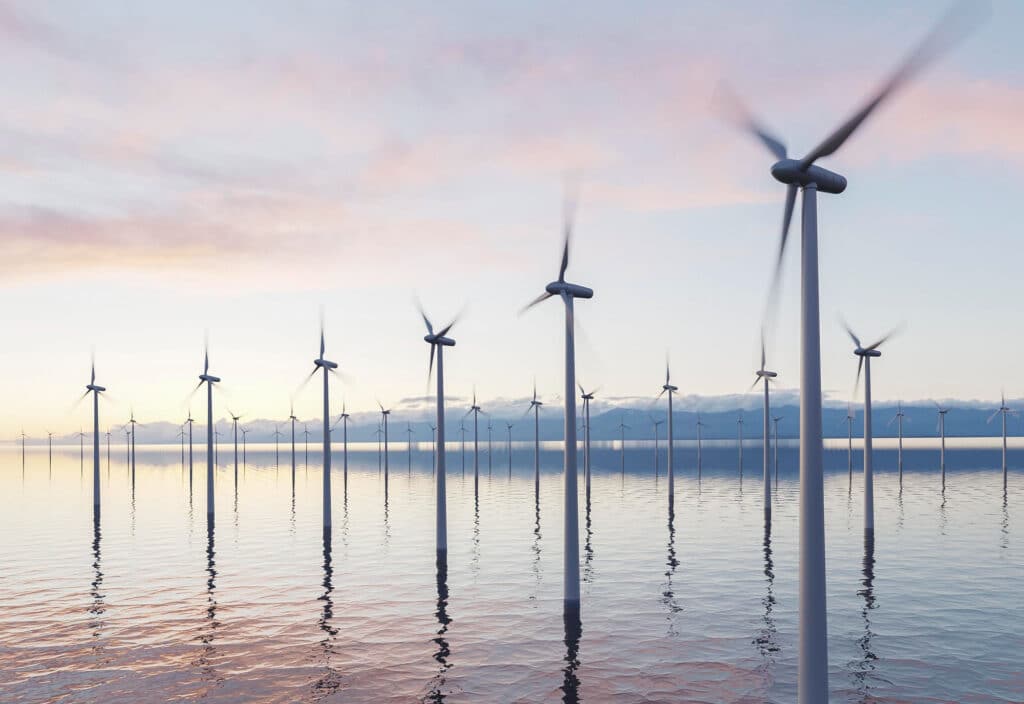“Humidity in Power Converters of Wind Turbines—Field Conditions and Their Relation with Failures” is the full title of an article by Fraunhofer IWES and ConverterTec Deutschland GmbH published via MDPI
Power converters in wind turbines exhibit frequent failures, the causes of which have remained unexplained for years. Field-experience based research has revealed that power- and thermal-cycling induced fatigue effects in power electronics do not contribute significantly to the field failures observed. Instead, clear seasonal failure patterns point to environmental influences, in particular to humidity, as a critical stressor and likely driver of converter failure. In addition to the electrical operating conditions, it is therefore important to also identify and characterize the climatic conditions that power converters in wind turbines are exposed to, both as a contribution to root-cause analysis and as a basis for the derivation of suitable test procedures for reliability qualification of
components and systems. This paper summarizes the results of field-measurement campaigns in 31 wind turbines of seven different manufacturers spread over three continents. The temperature and humidity conditions inside the converter cabinets are characterized and related to the environmental conditions of the turbines and to their operation. The cabinet-internal climate is found to be subject to pronounced seasonal variations. In addition to the site-specific ambient climatic conditions and the operation of the turbines, the converter cooling concept is identified to significantly influence the climatic conditions inside the power cabinets.
Further information are available here (external link).



